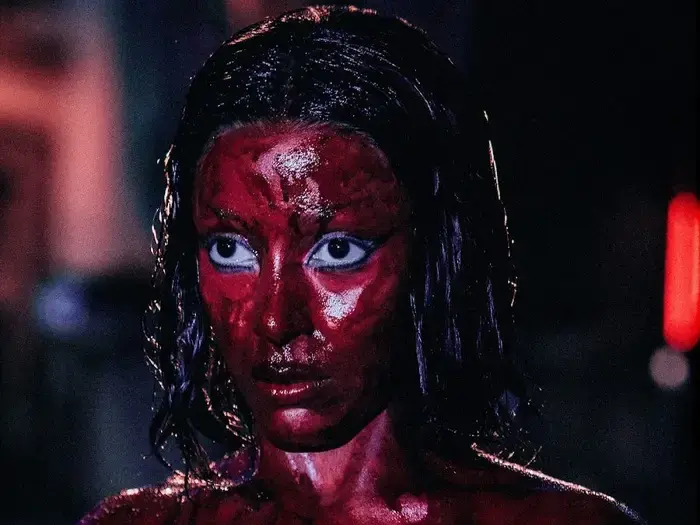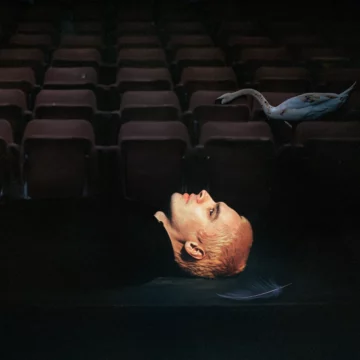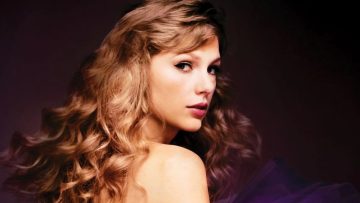★★★☆☆
Doja Cat aims for defiance but delivers an uneven experience, reflecting the complexities and uncertainties of her stardom. Read our Scarlet review.
Doja Cat has made no secret of her intentions going into the release of Scarlet. It answers the question, “How do you follow your biggest commercial smash?” with snarling, unfettered defiance.
Doja has made it plain, across Scarlet’s runtime and prolifically through the album’s rollout through social media, visuals, and performance, that she doesn’t especially care to follow 2021’s Planet Her.
Hot Pink (boasting what’s been called the first-ever TikTok song, in ‘Say So’, a tag Doja can’t be a fan of) and Planet Her soundtracked Doja Cat’s arrival on the world celebrity stage.
She was immediately faced with all the conflicting pressures of how to be a pop star. How to be a woman in front of millions of people with something to say about how you look and sound. Whether you sing or rap. What sort of space you’re entitled to inhabit in the music industry.
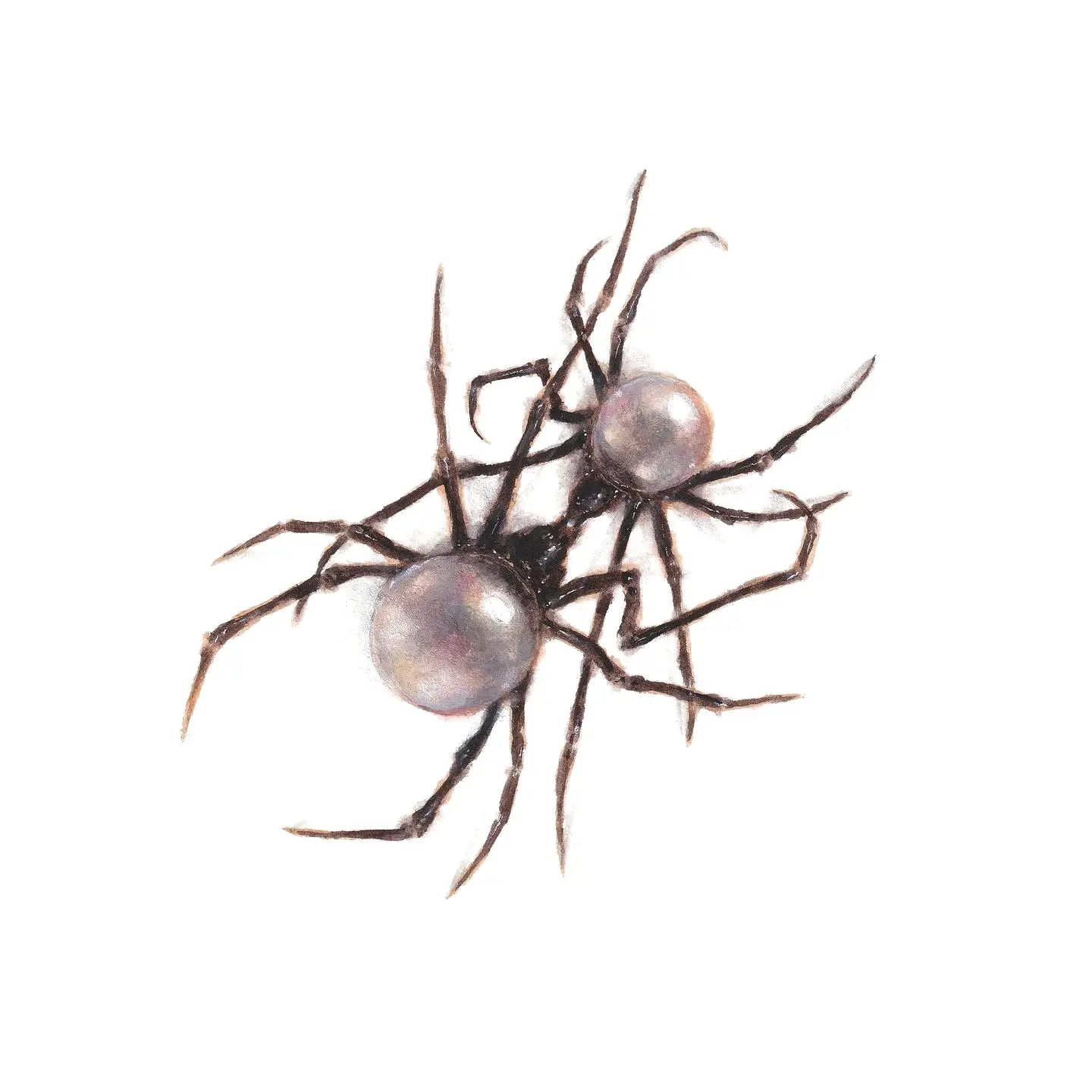
However, Doja entered the Scarlet release cycle at her most assured, with a precise and deliberate stripping back of her image. Shaved head, unsettling and brilliant appearance at the Met Gala – in character as a cat, in red bodypaint wearing 30,000 Swarovski crystals, and finally, the rebirth in bloody, demonic wax figures and horror visuals.
Read More: WATCH | Doja Cat returns with new song and video ‘Paint The Town Red’
Doja has been crafting a character that is designed to be offputting, worlds away from the polished popstar she’s been. She’s so assured that she can afford to filter out the sort of audience she doesn’t care to cater for, describing losing half a million Instagram followers as freeing, like “defeating a large beast”.
The confidence in her persona isn’t reflected in the music. This isn’t actually a flaw – Planet Her, for example, sounds more confident in that every track feels like a comfortable smash. But Doja doesn’t always sound completely comfortable on Scarlet, evoking the fraught relationship with fame and fan culture that drives most of the album. Between the cooing strength of ‘Attention’, which led Scarlet’s release but comes late in the album, and the strutting “I said what I said” of ‘Paint The Town Red’, there’s a feeling-out of how Doja wants to be defined. It isn’t always certain.
Key to her brand refresh is that Doja Cat is a rapper first and a singer second. And always has been. As she eye-rolls on ‘Demons’, “Lots of people that were sleeping say I rap now”.
Her stream-of-consciousness flow is in all Scarlet’s best moments. The expressive range of delivery on ‘Ouchies’. The slap in the face of ‘Fuck the Girls’. The condescension of ‘Balut’.
It’s not always confrontational, though. Doja shines as she delivers the double dose of lovesick glorification in ‘Agora Hills’ and ‘Can’t Wait’. However, that in itself is a little controversial as Doja’s partner of choice, J Cyrus, has drawn significant criticism online. Does she care? Absolutely not – she immortalises their love with a simple, soulful chorus and extensive love-letter verses packed with run-on lines and merry-go-round rhymes, seeming conversational and effortless.
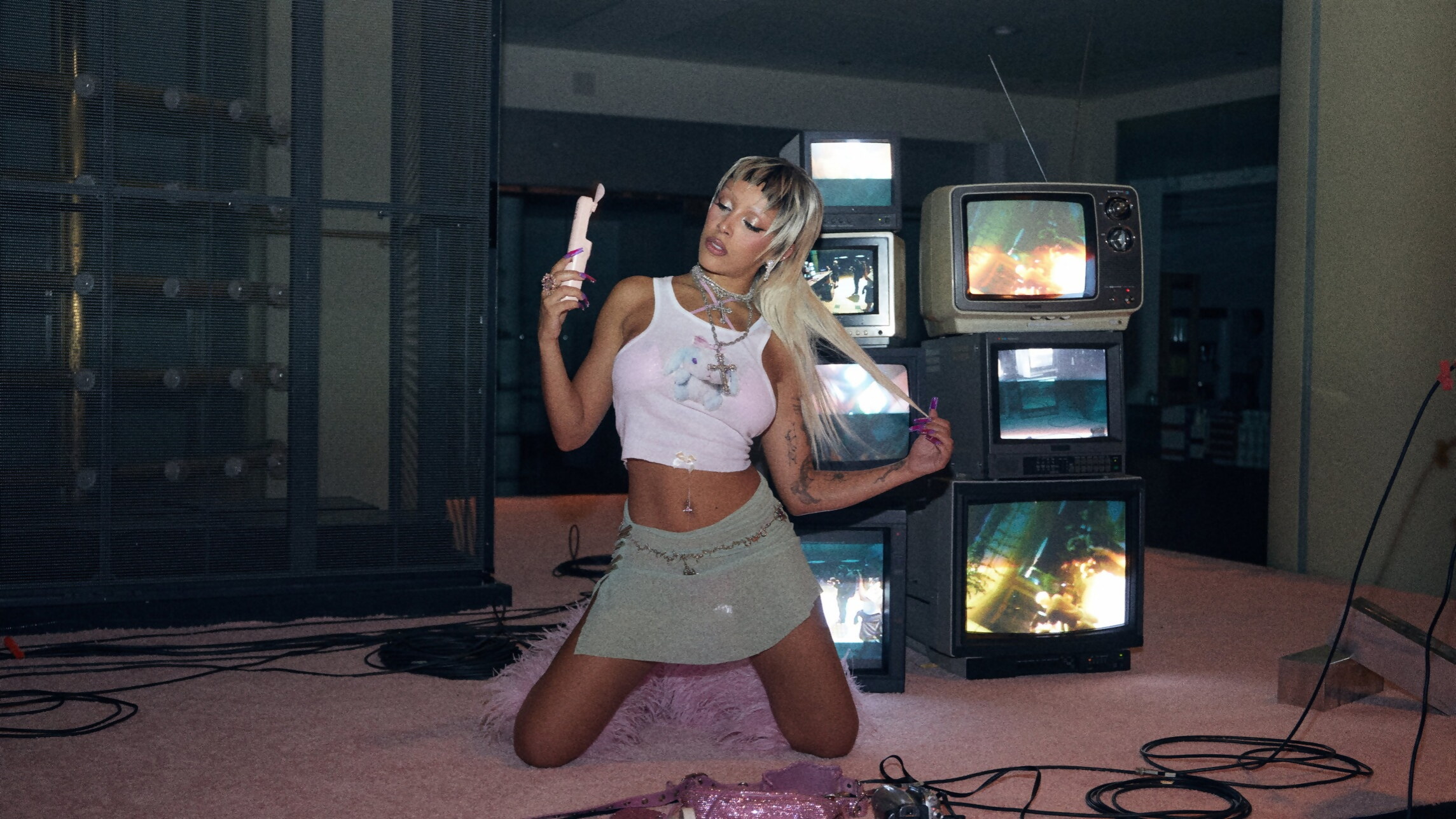
Elsewhere, Doja is characteristically unabashed and playful around sex: ‘Wet Vagina’ is like WAP’s evil twin, ‘Gun’ is an assertive proposition that’s familiar and fun and not unlike anything from Doja’s 2018 debut Amala.
Everything on Scarlet is quintessential Doja Cat fare. So why the shedding of skin? The antagonism? Why the different visual approach just to rub people the wrong way? Scarlet, from its chart-topping opener to the last-minute addition of a dark, in-your-face freestyle to close, is the album Doja Cat felt like making, so take it or leave it. But don’t tell her – she doesn’t care.
Want to write about music? Pitch us your ideas.
Are you passionate about music and have a story or hot take to share? whynow wants to hear from you. Send your music-focused pitch to editors@whynow.co.uk. Let’s make some noise together.

